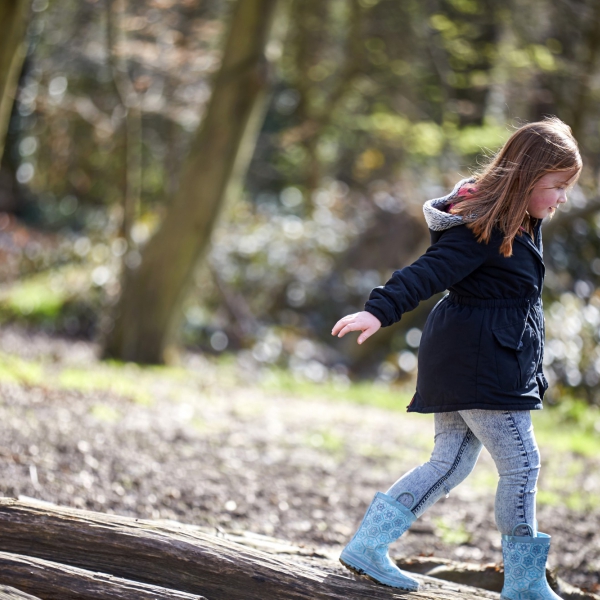The ToyBox Project
Early childhood is a critical period for addressing obesity prevention; physiological and hormonal adaptations occur, and energy balance related behaviours are in a formative stage. Thus ToyBox primarily seeks to influence obesity related behaviour in 4-6 year old children.
Obesity prevention in children in pre-school years: Policies and evidence
The project will use a multidisciplinary analysis to identify key behaviours related to obesity in early childhood and conduct new behavioural research to explain why young children eat the foods they eat and why they do (or do not) participate in physical activity. ToyBox will review and evaluate behavioural models and educational strategies to identify best practices in changing children’s behaviours. Using the results of these investigations, and the Precede-Proceed Model and Intervention Mapping as a framework, a multidisciplinary team will engage relevant stakeholders in the design and implementation of a school-based, family-involved intervention programme to influence children’s behaviours and prevent obesity. Process, impact, outcome and cost-effectiveness evaluations of the intervention will be conducted to support decision making for European Public Health Policy.
ToyBox started in March 2010 and is expected to conclude in August 2013. Partial funding is provided by the European Commission’s Seventh Framework Programme, Theme 2 – Food, Agriculture and Fisheries, and Biotechnology.
ToyBox Project Newsletters
ToyBox Newsletter - Spring 2012
Download (120.49 KB)ToyBox Newsletter - Winter 2012-2013
Download (522.43 KB)General objective
The ToyBox project aims to prevent early childhood obesity using a holistic, evidence-based approach that focuses on behavioural models to understand and promote fun, healthy food, play and policy.



Specific objectives
- Conduct thorough secondary analyses to identify children’s lifestyle behaviours related to early childhood obesity;
- Undertake new behavioural research to understand the determinants of these behaviours at a local level;
- Review and evaluate existing behavioural models and educational strategies aiming to influence energy balance related behaviours in young children;
- Assess the impact of school contextual framework, existing legislation and stakeholders on effectiveness of interventions applied in school settings;
- Develop a multi-component school-based and family-involved intervention, applicable on a European scale, to influence energy balance behaviours in early childhood;
- Implement a cluster randomized intervention, conduct process, impact and outcome evaluations and estimate their cost-effectiveness;
- Disseminate project results and recommendations to contribute to the Activities of the EU Platform on Diet, Physical Activity and Health and support decision making for European Public Health Policy.

ToyBox was partially funded by the European Commission Seventh Framework Programme